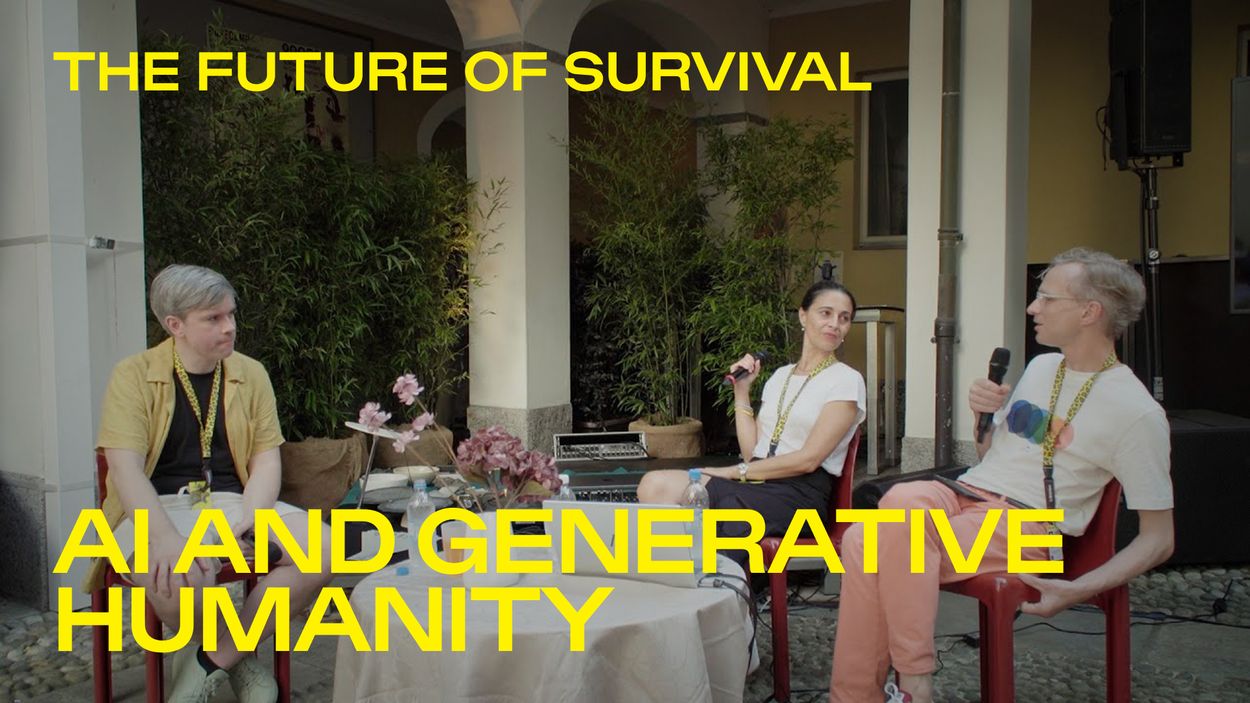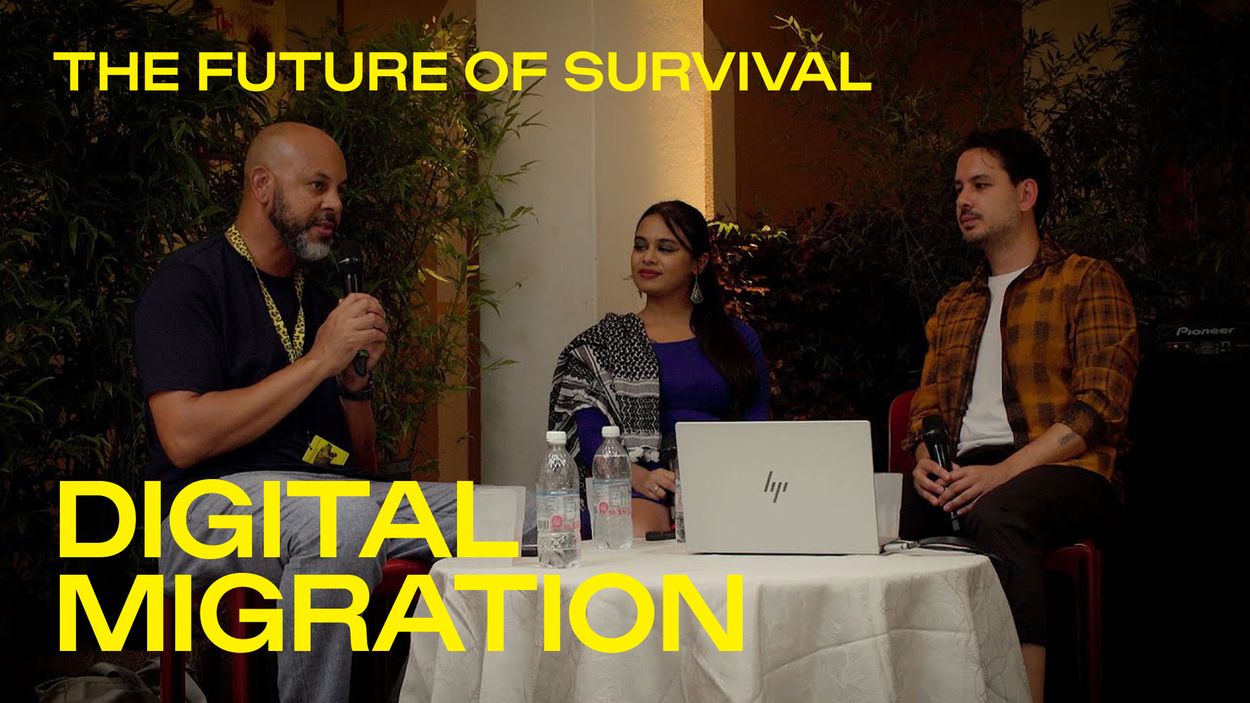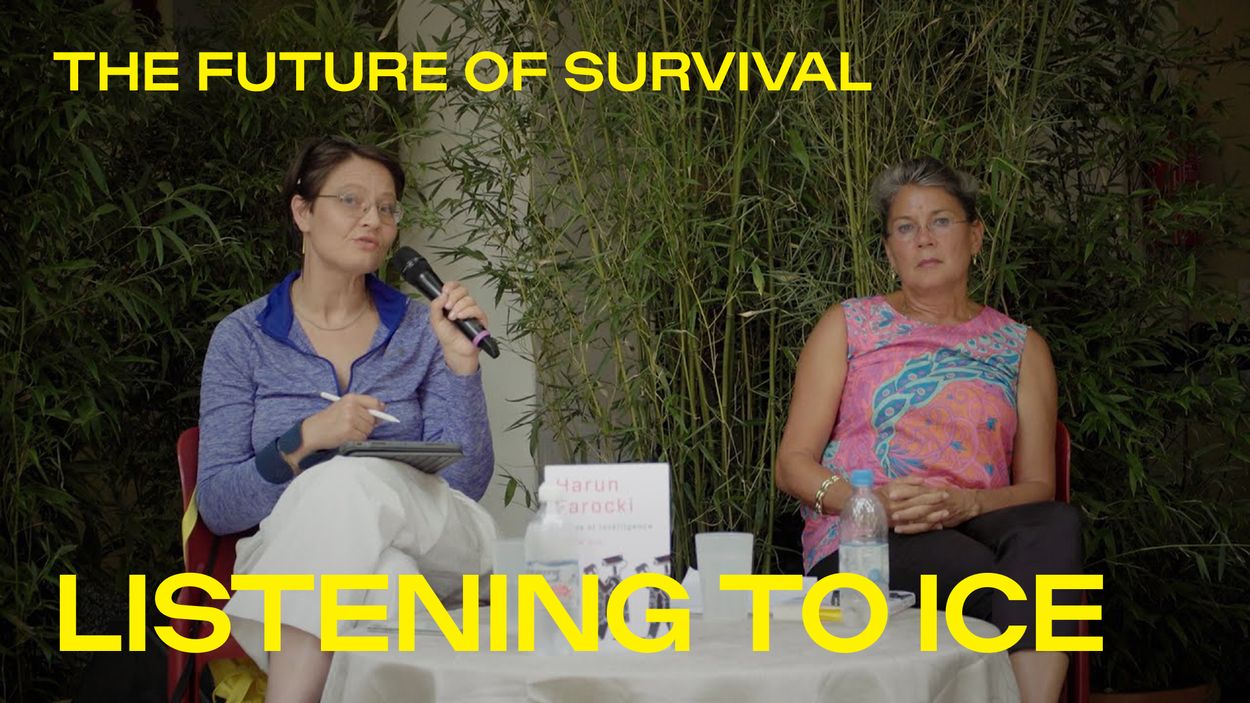For the last 120 years, cinema has held a dominant position as a creative and entertainment medium, a cultural institution, and an audiovisual language for understanding ourselves and our world. How will cinema's significance evolve in the years to come? How does cinema imagine its own survival, especially in response to the environmental and societal crises that pose threats to the survival of humanity and the planet?



